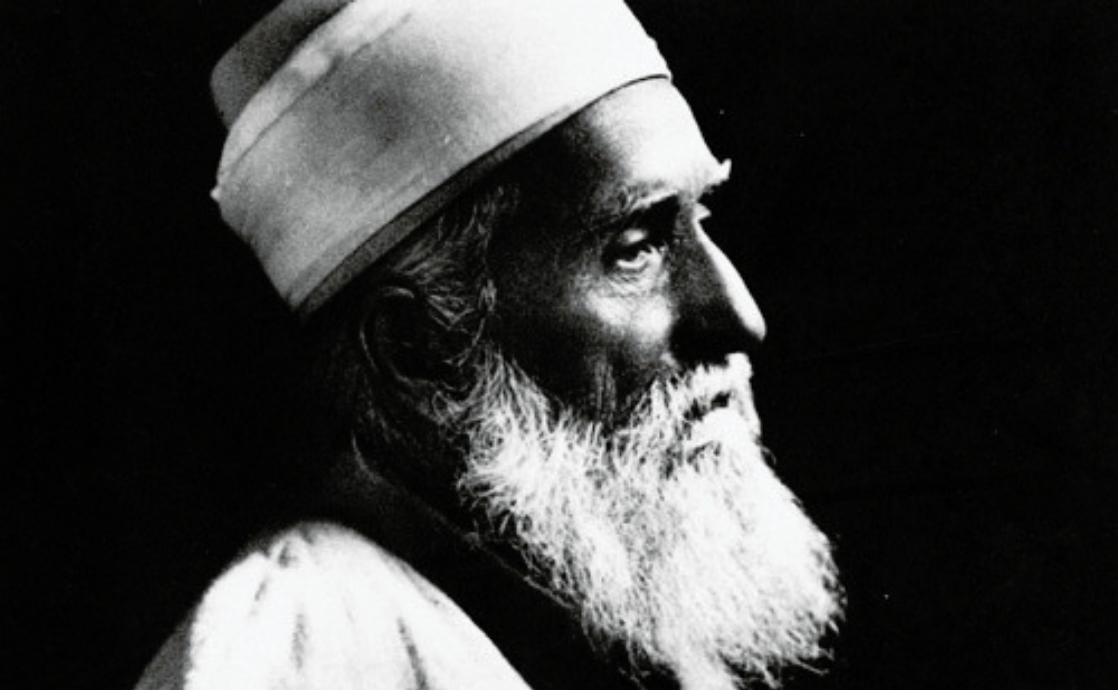arthra
Baha'i

Celebrating Abdul-Baha and Observing His Ascension
Abdu’l-Baha understood service to humanity as the highest station possible for all human beings.

Abdu’l-Baha understood service to humanity as the highest station of any human being. He taught:My name is Abdu’l-Baha. My qualification is Abdu’l-Baha. My reality is Abdu’l-Baha. My praise is Abdu’l-Baha. Thraldom to the Blessed Perfection [Baha’u’llah] is my glorious and refulgent diadem, and servitude to all the human race my perpetual religion … No name, no title, no mention, no commendation have I, nor will ever have, except Abdu’l-Baha. This is my longing. This is my greatest yearning. This is my eternal life. This is my everlasting glory.
Becoming a Baha’i means following Abdu’l-Baha’s example of selfless service to humanity, and I have tried, as every Baha’i does, to develop the inner spiritual qualities he so radiantly displayed.Know that nothing will benefit thee in this life save supplication and invocation unto God, service in His vineyard, and, with a heart full of love, be in constant servitude unto Him.
The text of which reads as follows:
Celebrating Abdul-Baha and Observing His Ascension
Abdu’l-Baha understood service to humanity as the highest station possible for all human beings.bahaiteachings.org
Abdu’l-Baha understood service to humanity as the highest station of any human being. He taught:My name is Abdu’l-Baha. My qualification is Abdu’l-Baha. My reality is Abdu’l-Baha. My praise is Abdu’l-Baha. Thraldom to the Blessed Perfection [Baha’u’llah] is my glorious and refulgent diadem, and servitude to all the human race my perpetual religion … No name, no title, no mention, no commendation have I, nor will ever have, except Abdu’l-Baha. This is my longing. This is my greatest yearning. This is my eternal life. This is my everlasting glory.
Becoming a Baha’i means following Abdu’l-Baha’s example of selfless service to humanity, and I have tried, as every Baha’i does, to develop the inner spiritual qualities he so radiantly displayed.Know that nothing will benefit thee in this life save supplication and invocation unto God, service in His vineyard, and, with a heart full of love, be in constant servitude unto Him.
